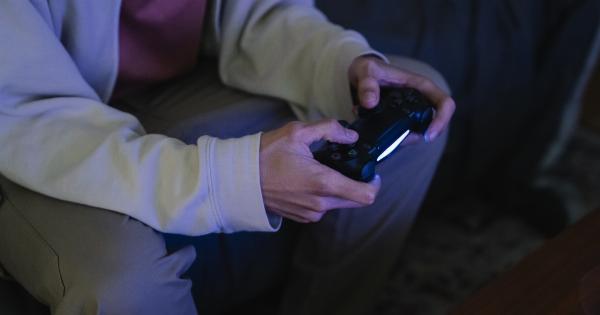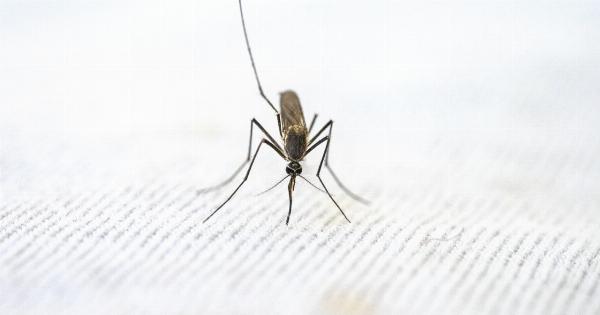In today’s consumer-driven world, the pursuit of freebies and discounts is a common phenomenon. People are always on the lookout for ways to save money and get things for free.
However, when this desire for freebies goes to the extreme and individuals resort to deceptive lying, it raises ethical concerns. This article explores the practice of deceptively lying for the purpose of obtaining free plastic products, examining its implications and potential consequences.
Understanding Deceptive Lying
Deceptive lying, in the context of free plastic, refers to deliberately fabricating stories or misrepresenting information in order to receive complimentary plastic products without legitimate entitlement.
This behavior involves manipulating the goodwill and trust of businesses, organizations, or individuals who often offer freebies to customers in various promotional campaigns or events.
The Allure of Free Plastic
Plastic goods have become an integral part of our daily lives. Items such as water bottles, storage containers, and cosmetic packaging are ubiquitous.
While plastic is widely criticized for its negative environmental impact, the desire for free plastic products persists due to their convenience and usefulness in modern living. Free plastic often carries a certain appeal, as it allows individuals to acquire additional items without incurring any costs.
Ethical Considerations
Deceptive lying for the sake of obtaining free plastic raises serious ethical concerns. It involves exploitation and betrayal of trust, ultimately harming the reputation and integrity of businesses or individuals targeted.
Engaging in such deceitful practices erodes the sense of honesty, fairness, and integrity that underpins healthy social and economic interactions.
Consequences of Deceptive Lying
Engaging in deceptive lying for free plastic may have various repercussions for both individuals and the wider community.
From a personal standpoint, it can lead to a deterioration of one’s moral compass, as lying becomes normalized for personal gain. Additionally, the cycle of lying perpetuates a culture of dishonesty and can strain relationships, both personal and professional, when the truth is eventually discovered.
Impact on Businesses
Businesses can suffer significantly when individuals engage in deceptive lying for free plastic. Companies that offer promotional giveaways as part of their marketing strategies rely on genuine customer participation and feedback.
Deceptive lying undermines the true intent of these promotional campaigns and can result in financial losses for the business when resources are misappropriated to fraudulent individuals rather than genuine customers.
Legal Implications
Deceptive lying can also have legal consequences.
While the severity of legal consequences can vary depending on local jurisdictions and the specific circumstances, misrepresentation and fraud are generally frowned upon and can result in civil or even criminal charges. In many places, knowingly providing false information in order to obtain free goods or services is considered fraudulent behavior.
Alternatives to Deceptive Lying
Instead of resorting to deceptive lying for free plastic, individuals should consider ethical and legitimate alternatives to acquire plastic products without compromising their integrity.
This could include participating in legitimate promotional campaigns, seeking out discounted options, or engaging in environmentally friendly practices such as recycling and upcycling.
Building Trust and Integrity
Trust is a valuable asset in any relationship, be it personal or professional. By refraining from deceptive lying, individuals can contribute to fostering a culture of integrity and trust.
Honesty and transparency should be the guiding principles in interactions with businesses, organizations, and individuals.
Conclusion
While the allure of obtaining free plastic goods may be tempting, engaging in deceptive lying to achieve this goal is morally wrong and ethically questionable.
Such behavior not only harms businesses but also erodes personal integrity and damages trust within society. Instead, individuals should seek out ethical alternatives to satisfy their desires for free plastic products while maintaining their honesty and integrity.































